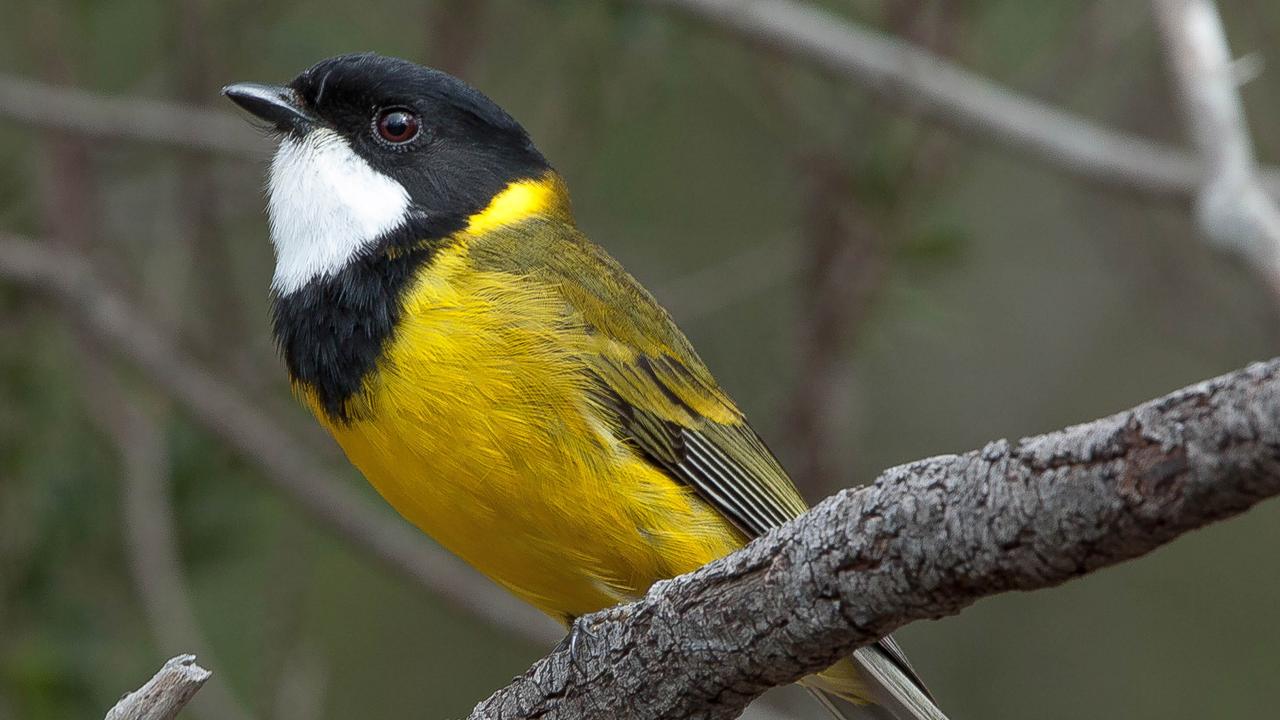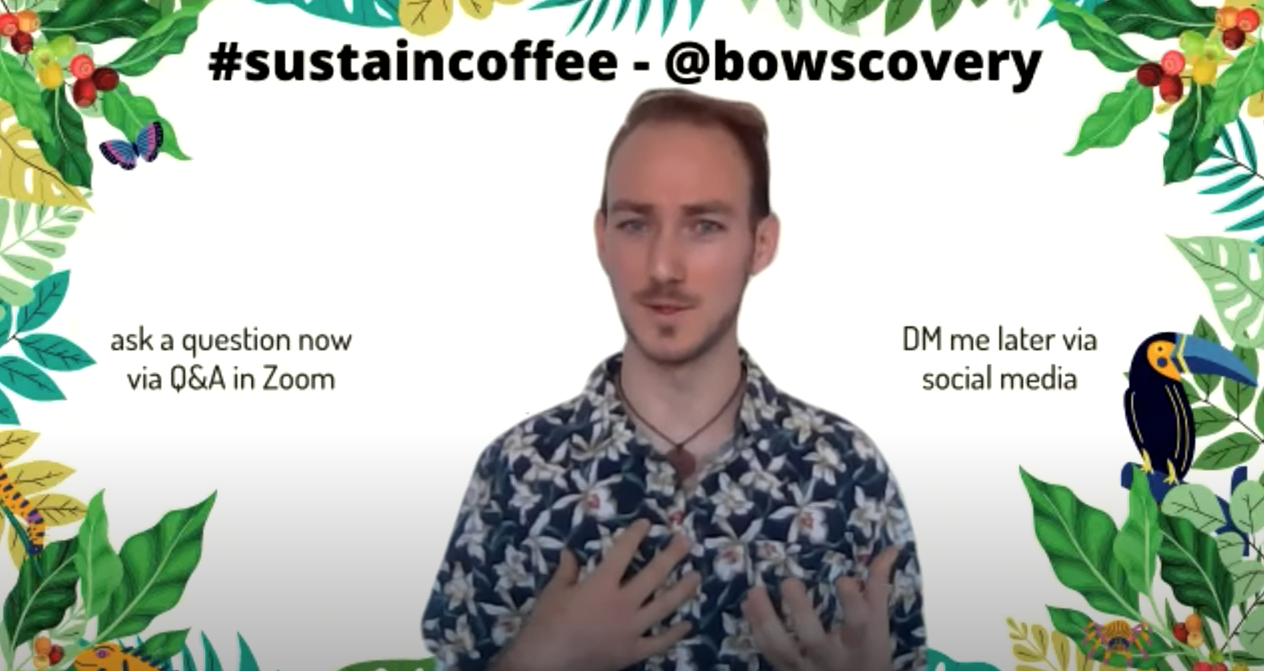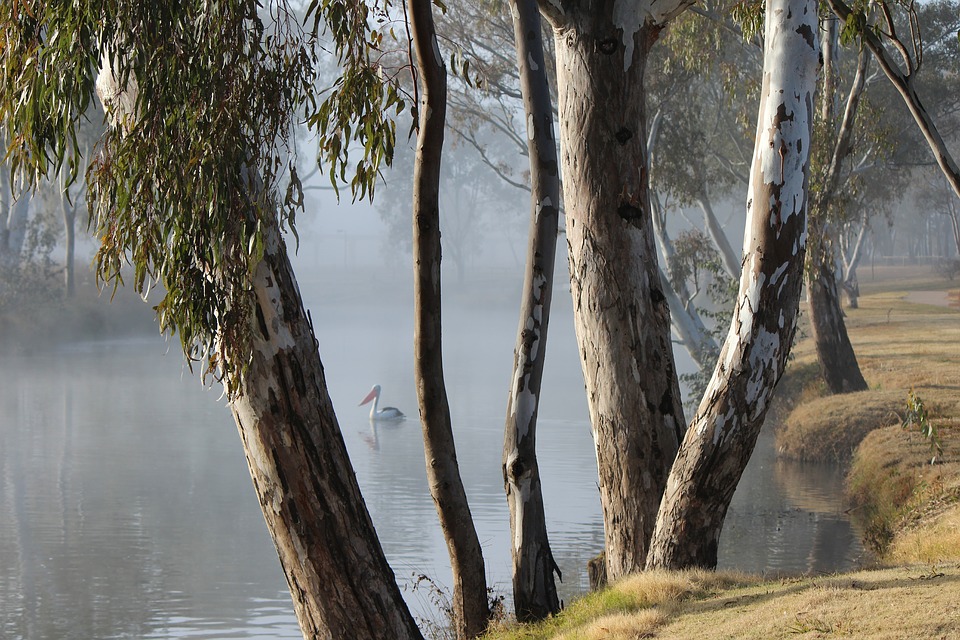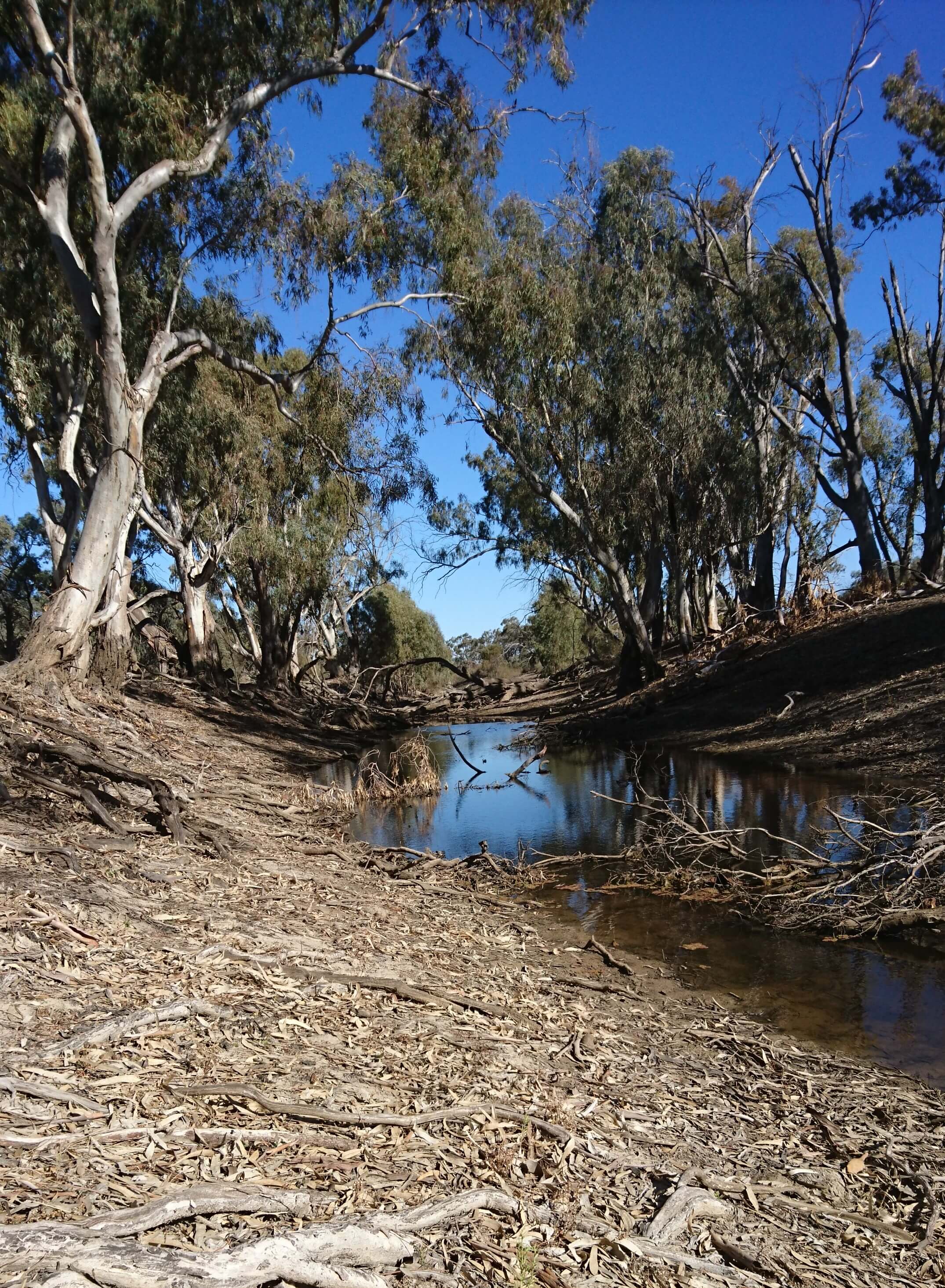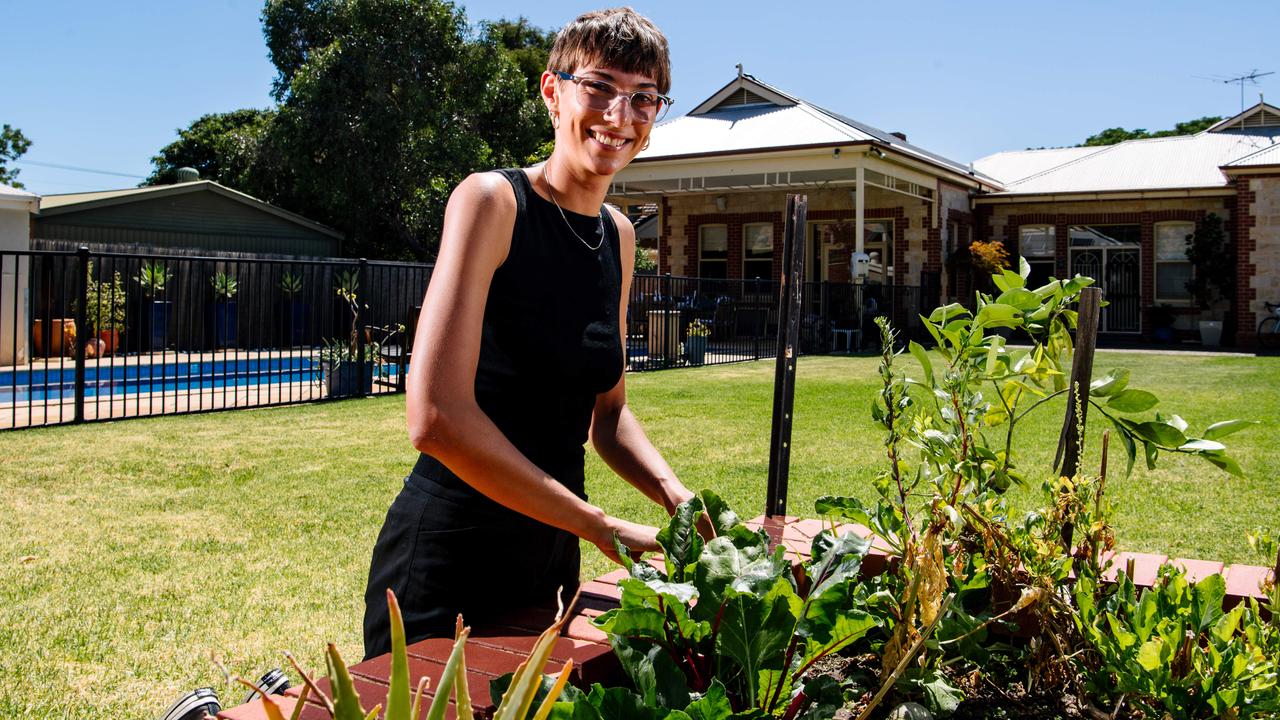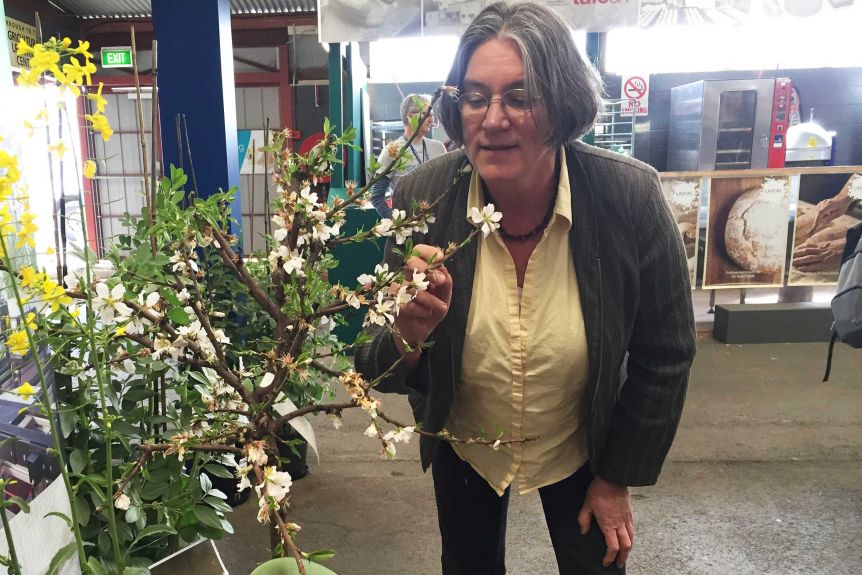BLOGS WEBSITE
Monthly Archives: March 2021
EVENT: Join us at ‘Pints of Ideas’ to discuss the plastic pollution problem and solutions
Join the Environment Institute and Ecoversity to discuss the problem of plastic pollution. This inaugural Pints of Ideas event, is an environmental pub-talk series brought to you University’s Ecoversity program.The first session will explore ‘How big is the plastic pollution problem and what can we do about it?’ Hear about the solutions in research, policy […]
Comments Off on EVENT: Join us at ‘Pints of Ideas’ to discuss the plastic pollution problem and solutions
Mount Lofty Ranges woodland bird monitoring reveals steep decline in numbers
Woodland birds are disappearing from the Mount Lofty Ranges at an alarming rate, University of Adelaide research shows, and scientists say the trend is a sign that the ecosystem is on the verge of collapse. Over the past 20 years, the number of woodland birds at monitoring sites has halved. Member of the Environment Institute, […]
Comments Off on Mount Lofty Ranges woodland bird monitoring reveals steep decline in numbers
VIDEO: Blueprints for action with Professor Hugh Possingham and Matthew Bowie
Autumn 2020/21 program of the Ecology and Evolution Series is available for to watch on demand. Matthew Bowie PhD candidate – School of Biological Sciences How do you choose what’s for dinner, the clothes you wear, or the way you travel? Many of the threats facing biodiversity result from our choices but changing our behaviour is […]
Comments Off on VIDEO: Blueprints for action with Professor Hugh Possingham and Matthew Bowie
What is a 1 in 100 year weather event and why do they keep happening so often?
People living on the east coast of Australia have been experiencing a rare meteorological event. Record-breaking rainfall in some regions, and very heavy and sustained rainfall in others, has led to significant flooding. In different places, this has been described as a one in 30, one in 50 or one in 100 year event. So, what […]
Comments Off on What is a 1 in 100 year weather event and why do they keep happening so often?
Reducing artificial light at night may improve health
There is a growing body of evidence that exposure to green space is good for our health but a new study from the University of Adelaide has found that this may equally be due to how much light we are exposed to at night. Spending time in green space can improve depressive symptoms, obesity, and […]
Comments Off on Reducing artificial light at night may improve health
Research featured in ‘Science’ finds climate change key factor in rivers running dry
An international team of researchers including the University of Adelaide has demonstrated that climate change is responsible for the changes in the flow and water volume of rivers globally, with major implications for Australia. In the study published in Science, the team investigated changes in river flow, and whether the globally visible changes could be attributed to […]
Comments Off on Research featured in ‘Science’ finds climate change key factor in rivers running dry
Improved mapping of South Australia’s seagrass will help future recovery
Researchers at the University of Adelaide have been mapping large-scale seagrass cover and genus distribution on South Australia’s temperate coast. Seagrasses are environmentally and economically important. They provide ecosystem services for humans including the provision of habitat for commercial species, protection of infrastructure from erosion and sea level rise, and improved water quality through nutrient […]
Comments Off on Improved mapping of South Australia’s seagrass will help future recovery
New tool helps assess risks to the Murray River floodplain systems
Researchers at the University of Adelaide have partnered with the Department for Environment and Water to develop a tool that greatly improves the capability of environmental managers to assess and manage hypoxic blackwater risks on floodplain-river systems. The research has been published in the leading Journal of Environmental Management and Assessment. Aquatic organisms such as fish […]
Comments Off on New tool helps assess risks to the Murray River floodplain systems
A quarter of homeowners lawn area can grow enough vegetables to become self-sufficient
Research led by the University of Adelaide has found in a case study of Adelaide properties, households would need to give up less than a quarter of their domestic lawn areas to grow enough vegetables to become self-sufficient. In the study published in Sustainable Cities and Society, researchers calculated self-sufficiency by measuring the capacity of […]
Comments Off on A quarter of homeowners lawn area can grow enough vegetables to become self-sufficient
Disappointing season for beekeepers in South Australia
La Niña’s cool, but dry weather conditions provided less pollen and nectar for bees. University of Adelaide and Environment Institute member, researcher Dr Katja Hogendoorn said dry periods were having a “major impact” on feed availability for native and honey bees. “The very hot summers and heatwaves during spring cause the flowers to dissipate very […]
Comments Off on Disappointing season for beekeepers in South Australia


